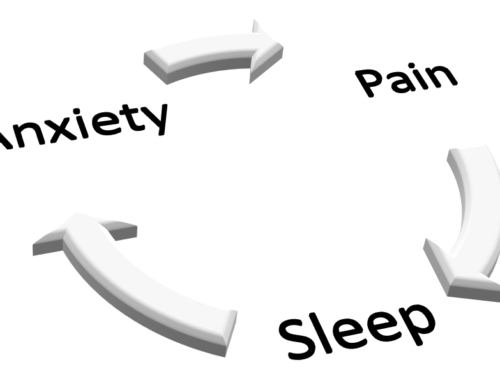 What is a thorough medication evaluation? Would you benefit from one? Don’t other people already evaluate your medications on a regular basis? Do you worry about hurting someone’s feelings if there is a difference of opinion about your medication regimen?
What is a thorough medication evaluation? Would you benefit from one? Don’t other people already evaluate your medications on a regular basis? Do you worry about hurting someone’s feelings if there is a difference of opinion about your medication regimen?
You likely have several different healthcare providers – your primary care doctor, any nurse practitioners or physician assistants in that office, your specialist doctor(s), your local pharmacist, and maybe a chiropractor, physical therapist dietician, and others. Surely between all of them someone is providing you with a very thorough evaluation of your medications?
Do you take anything for a cold? Or a stomachache? Or to help you sleep? Or for pain?
Do you tell your healthcare providers about these things you take only once in awhile?
Do you take vitamins or supplements or herbal therapies that you select for yourself? Do you tell your healthcare providers about these?
Do you always take your medications at the same time every day? What do you do when you forget to take them? Do you take some of them only when you feel like you need them? Have you ever stopped taking a medication without telling your providers?
A thorough medication evaluation will cover all of these things. Our research has shown that in 98% of visits there is at least one thing that you didn’t know about your medication that you really should know.
As a clinical pharmacist, I am looking at all of your prescribed medications and other substances you take to assure none of these nine problems exist:
- Each dose is not too high (You have more side effects than needed or even have toxicity.)
- Each dose is not too low (You take it but it doesn’t work for you.)
- All conditions that should be treated with a medication are being treated with the best medication(s) based on current medical studies.
- Each medication you take is actually necessary. (Sometimes there are medications that have been on your list for a long time but no one remembers why.)
- No medications interact with each other making your health worse. Also, your diet and supplements don’t interact with your other medications or each other.
- You are able to obtain and take each prescribed medication. (Sometimes pills are too big, inhalers are hard to use, eye drops are hard to get into the eye, or medications are too expensive or not covered by insurance.)
- None of your medications for one condition make another condition worse.
- You are able to safely take all of your medications. Allergies and medication intolerances will be reviewed and clarified for your healthcare team.
- You are taking each medication at the optimal time in relation to food, other medications, and potential side effects.
Clinical pharmacists have extensive training specific to all aspects of medications and how they work., more than any other health professional. Often, having a clinical pharmacist working with the rest of your providers will further assure that all of your medication use is necessary, safe, and effective.
For more information about a thorough medication assessment, contact us at www.medsmash.com.
For further application, check out my personal blog.
-Michelle Fritsch



